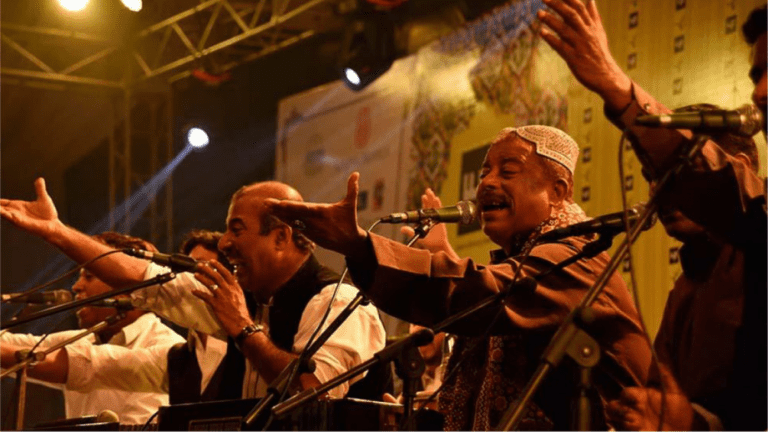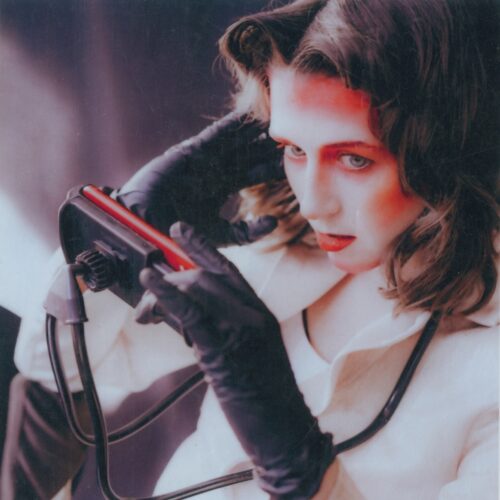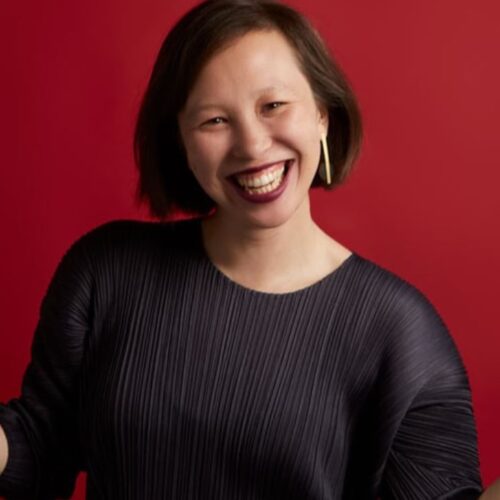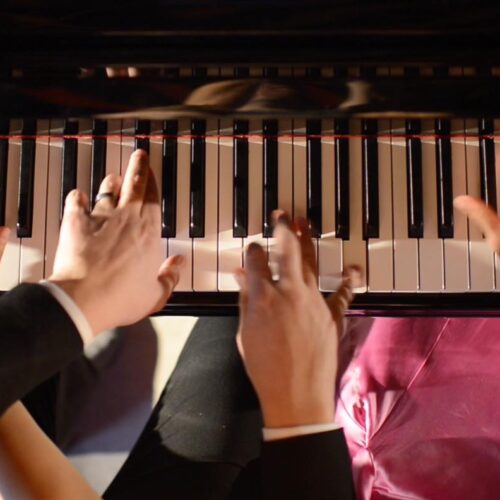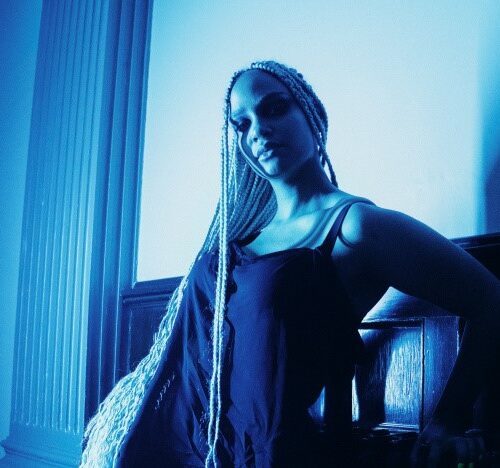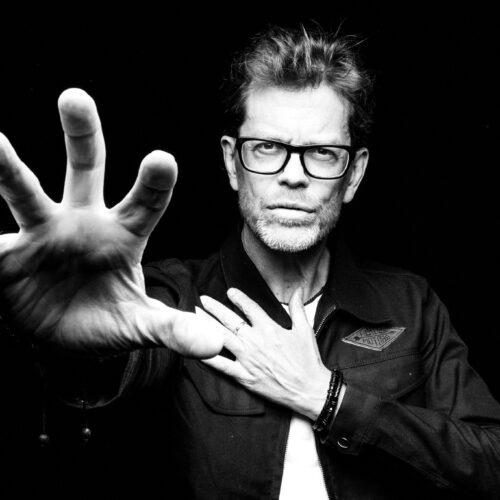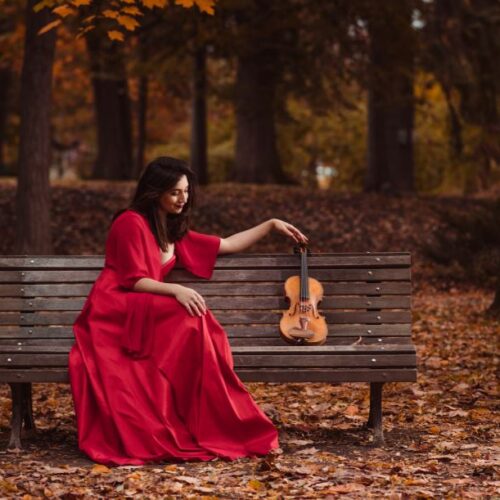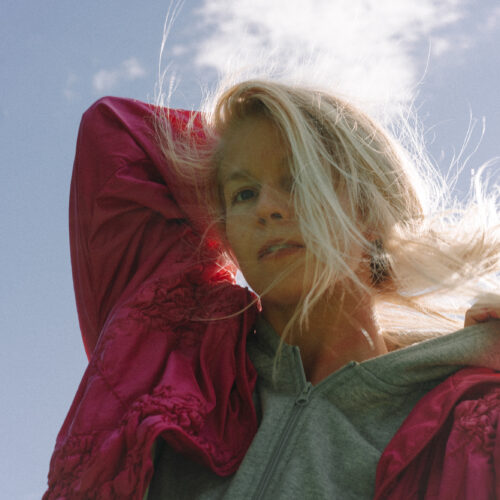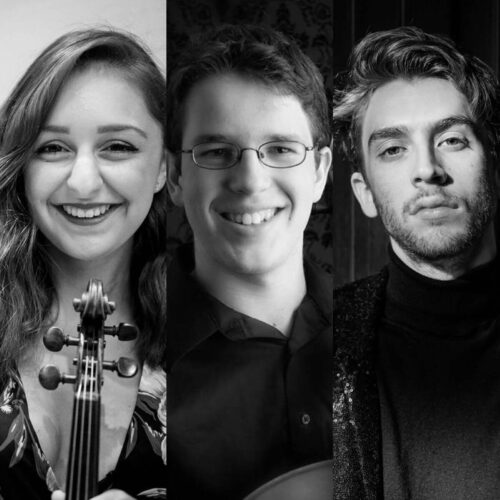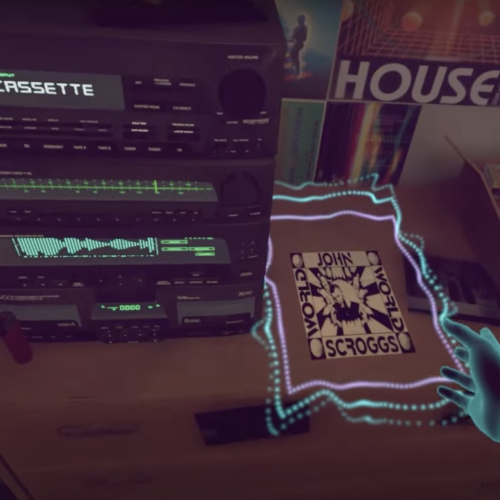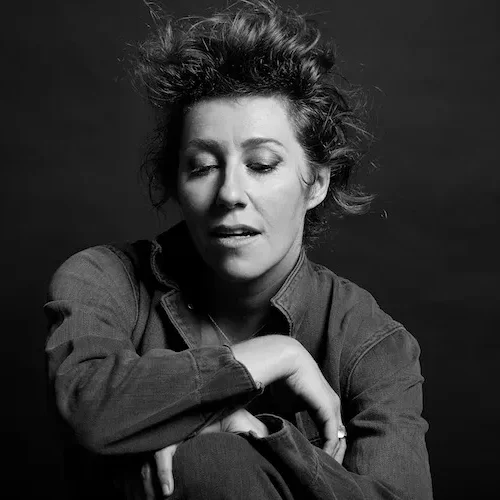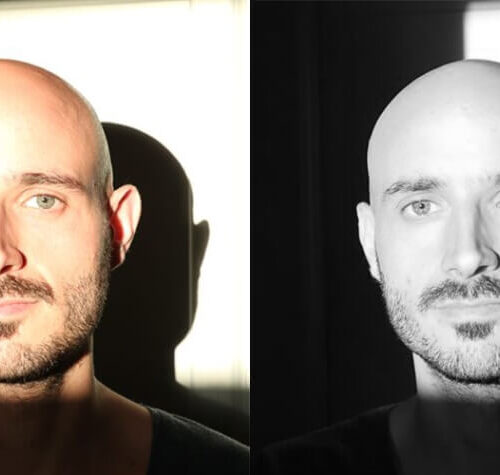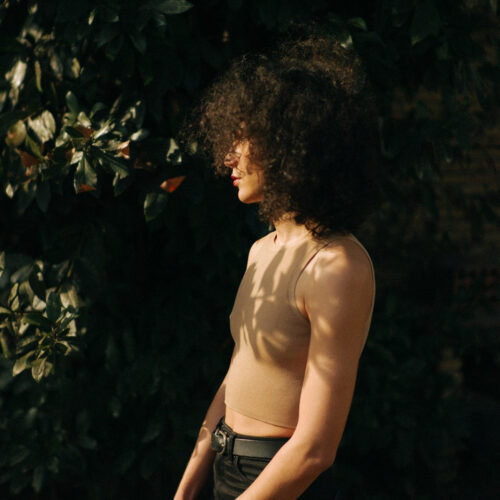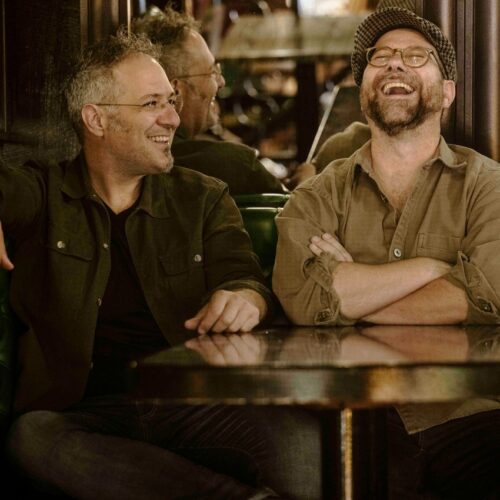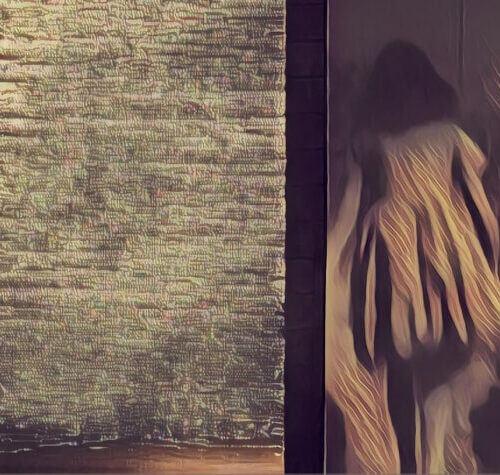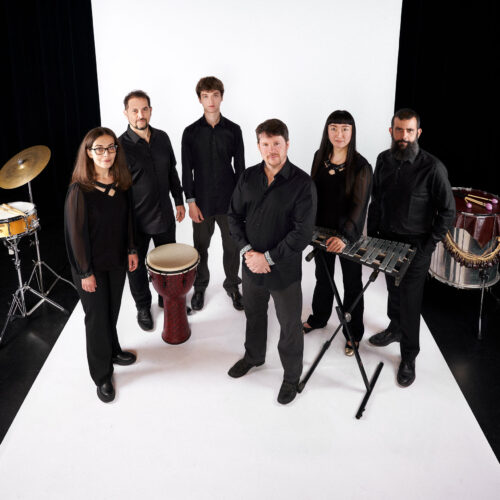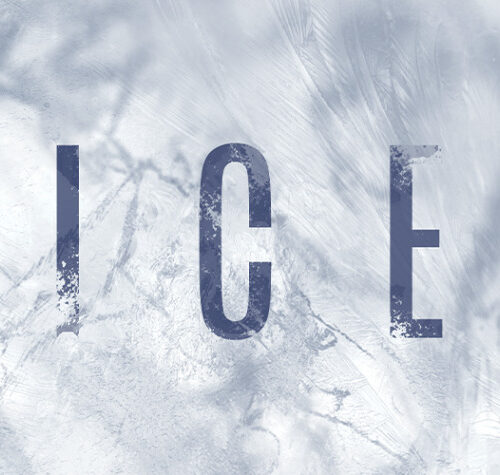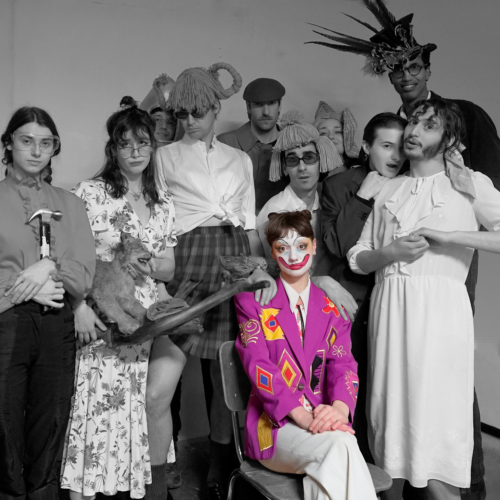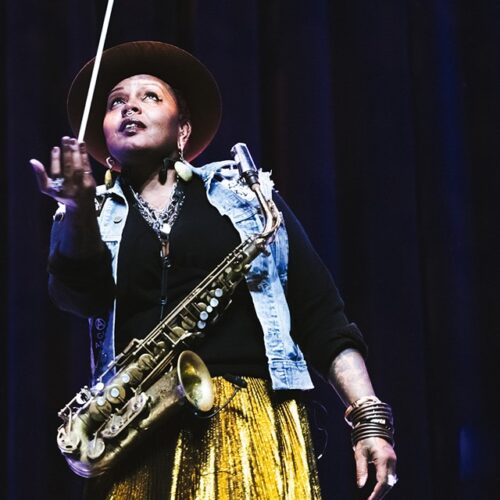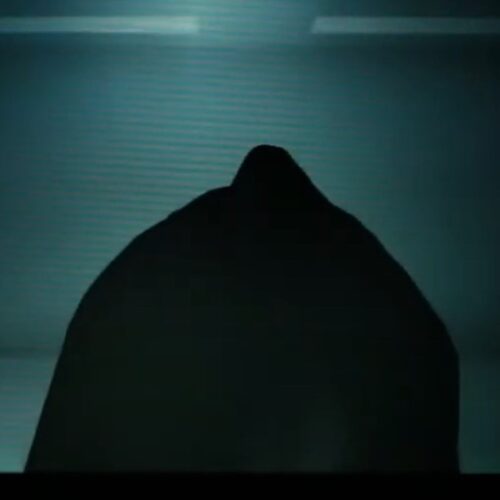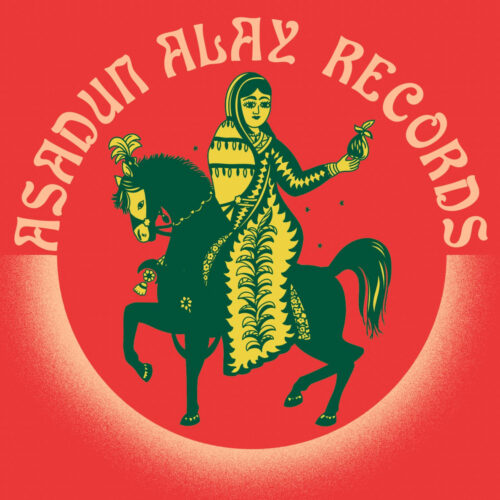Additional Information
On Saturday, May 27, 2023, ”The Way of the Heart” will resonate in Montreal with all the breadth of its joyful mysticism. With its real name Qawwali, this 700 year old musical style, mainly present in Pakistan and India, and mainly known in the West through the voice of Nusrat Fateh Ali Khan (1948-1997, though a controversial one), will be heard in all its splendor on the stage of Concordia University’s Oscar Peterson Hall on Sherbrooke Street West. For the occasion, one of the most eminent ensembles will be heard : Fareed Ayaz and Abu Muhammad Qawwali Ensemble. The two musicians named are, in addition, direct descendants of a very long line of virtuosos associated with the greatest school of Qawwali in India.
If you know anything about Nusrat Fateh Ali Khan, you know that there is nothing dry or boring about this genre, which is rooted in Muslim religious practice of the Sufi branch. On the contrary, it is a true devotional feast, marked by rigor but expressed in a good mood and an open-mindedness that makes all the extreme rigorists of the world tremble! For us Westerners, and in order to better understand the kind of atmosphere that emanates from a Qawwali music concert, the comparison could easily be made with American Gospel music, in which elements of call and response songs would have been inserted and which would have been built with the structural richness of Bach’s Cantatas!
This kind of concert is not as common in Quebec as it is in Ontario, for example, where South Asian communities have a larger footprint (things are changing, though : this community is growing fast in Montreal). So, if you are curious about non-Western art music, you should take full advantage of this opportunity!
Perhaps for the first time in a francophone media in Quebec (this interview was first published in French), a serious interview has been conducted with undisputed Qawwali virtuosos, what Wynton Marsalis can be for jazz, William Christie for baroque music or Joyce DiDonato for opera. Here are excerpts of a meeting with Abu Muhammad, long time partner of Fareed Ayaz, together two ”graduates” of the prestigious Qawwal Bachon ka Gharana school of Delhi, incidentally the institution where Nusrat Fateh Ali Khan also studied!
Pan M 360: Qawwali remains unknown in the West. How can you summarize the style and meaning for people who have never heard it?
Abu Muhammad: Qawwali is a musical genre that expresses devotion to God. The name comes from ‘Qaul’, which means word (of the prophet). Qawwali is popular mostly in India and Pakistan and some parts of Bangladesh. It was created over 700 years ago by Amir Khusrau, himself a disciple of the Sufi saint Hazrat Nizamuddin Auliya. The aim was to simplify ‘Samah’ (religious and philosophical poetry sessions), which existed before, and make it more popular for the general public.
Pan M 360: So this is a musical genre that was intended from the beginning to be accessible! Is it a uniform genre, or are there several sub-genres?
Abu Muhammad: In our tradition and our gharana (school), there are several sub-genres borrowed from other traditions such as thumri, ghazal, bhajan etc. But regardless of the genre or sub-genre, for us the ultimate goal is to reach God via the path of love.
Pan M 360: A love magnificently carried by music… What place does Qawwali have in the Muslim society in general? Does its Sufi origins allow it to be equally appreciated in the Shiite and Sunni communities?
Abu Muhammad: Qawwali is found mostly in India, Pakistan and some parts of Bangladesh. There is no barrier between Shiites and Sunnis in the appreciation of Qawwali. Its music is universal. For example, there is a song that says that after the Prophet ‘Whoever accepts me as his master, for him, Ali is also the master‘. So both Shiites and Sunnis accept this notion.
Some tickets still available for the concert on sale HERE
Pan M 360: Is the practice of this musical art widespread or is it rather the work of a motivated minority (a bit like classical music in the West)?
Abu Muhammad: The practice is more widespread than classical music (from the West or the East) because the message contained in Qawwali goes beyond music. It is about devotions and prayers filled with love for God.
Pan M 360: How long does one have to study on average to be properly trained in this art?
Abu Muhammad: In the family tradition, the children of the family are taught the songs when they are very young, so they grow up in this atmosphere. For people who come from outside, it takes at least six or seven years to get the basics right.
Pan M 360: An artist should know at least how many pieces to be recognized as adequate and respected?
Abu Muhammad: In general, if an artist masters a hundred pieces, he is capable of giving concerts. He should be able to sing poems of about twenty Sufi saints to be recognized.
Pan M 360: You studied in the Qawwal Bachon ka gharana in Delhi, a famous and prestigious school. The most famous of its nationals in the West is Nusrat Fateh Ali Khan. Why is this gharana so prolific in great musicians?
Abu Muhammad: The founder of Qawwali, Amir Khusrao, gathered a dozen children seven hundred years ago to sing Qawwali, a simplified form of Samah. The leader of this group of children was Samat Bin Ibrahim, the ancestor of my family. In this gharana, there is a lot of emphasis on Indian classical music. Anyone who wants to sing Qawwali must first study classical music well, learn several ragas and only then can he learn the texts of Qawwali songs. It is this foundation that contributes to the quality of the musicians.
Pan M 360: Is the influence of Nusrat Fateh Ali Khan noticeable in the teaching of this gharana today? In what way?
Abu Muhammad: I don’t think Nusrat Fateh Ali Khan really represented the traditions of our gharana. He was certainly a great singer, but he gained popularity by employing fusion techniques that were not of our gharana.
Pan M 360: How is the Qawwali of today different from that of the past? Is there a noticeable evolution in the way it is played, or is the tradition still much the same as it was 2, 5, or 7 centuries ago?
Abu Muhammad: In the time of Amir Khusrau, the accompanying instruments were the sitar and the tabla. Later, the harmonium and the dholak (a percussion instrument) were introduced. These days (for example in the sessions of Coke Studio, a very popular music program in Pakistan) instruments like the guitar, piano, drums, etc. are used. For the past hundred years, there has also been the influence of Bollywood which has caused distortions in Qawwali. We believe that Qawwali should lead us to peace and spirituality. It is not for the mundane entertainment of people devoid of love and devotion to God.
Pan M 360: What do you like to bring to Qawwali that is not brought by your colleagues?
Abu Muhammad: When we sing, we take a lot of time to explain the meaning of our songs. Even children can understand the content. I don’t think our colleagues do that. We also value the classical music part as roots of Qawwali music.
